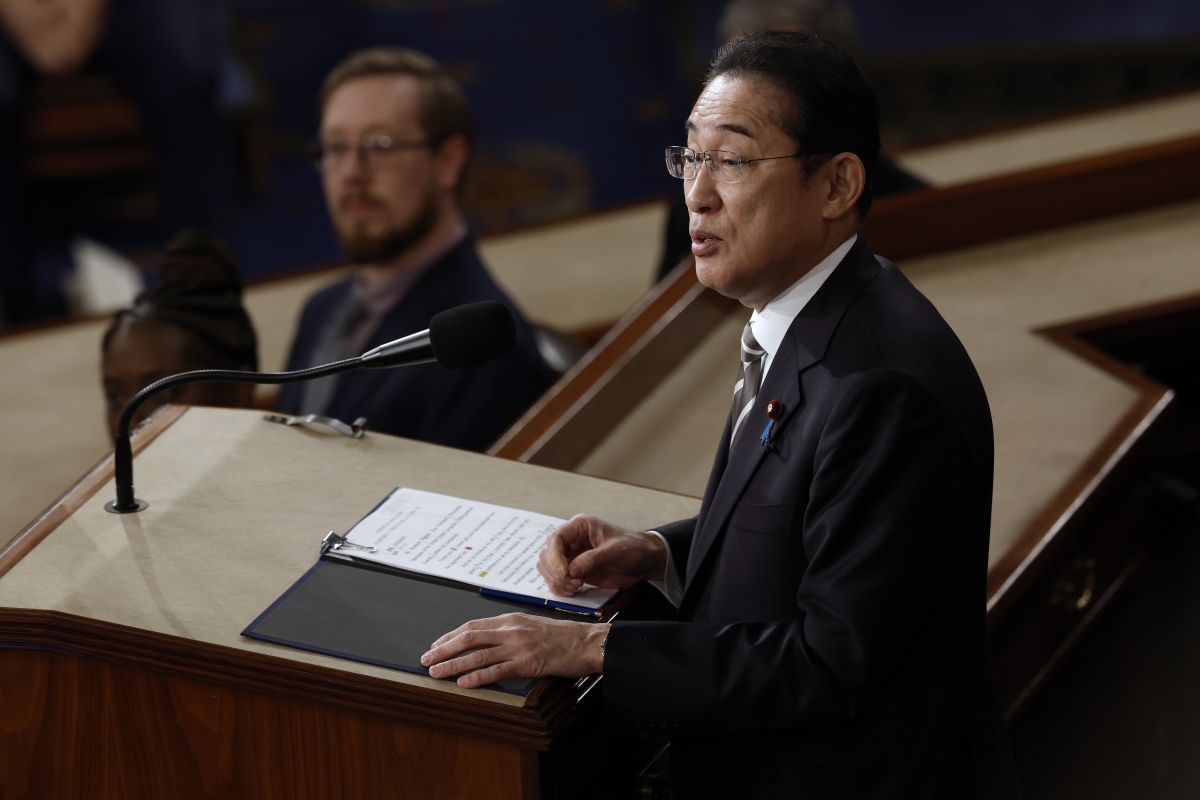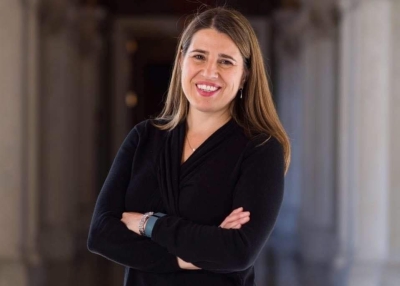Stakes are High for Japanese PM’s Address to Congress
The Hill

The following is an excerpt of ASPI Director of Political-Security Affairs Emma Chanlett-Avery's op-ed originally published in The Hill.
On April 11, Fumio Kishida will address a joint meeting of Congress, becoming only the second Japanese prime minister to have this honor.
In 2015, 70 years after the end of World War II, the late Prime Minister Shinzo Abe spoke at length about the long history of Japan and the United States. He called upon the two nations to create an “alliance of hope,” and urged passage of the Trans-Pacific Partnership trade accord. His speech received a standing ovation from the lawmakers.
Kishida is not the same kind of leader that Abe was, and his speech will be delivered in a very different geopolitical moment, in front of a transformed chamber. For the U.S.-Japan alliance, the stakes are much higher than they were in 2015. Can Kishida convey the critical value of the alliance to a more skeptical Congress?
When Abe spoke, he was on his way to becoming Japan’s longest-serving premier. Even after his resignation in 2020, he exerted a strong influence on Japan’s politics before he was assassinated in 2022. Abe presented himself as a new kind of Japanese leader, energetically engaged in foreign affairs and projecting a more assertive, muscular Japan. Under his leadership, Japan accelerated defense reforms, embraced free trade pacts and championed the concept of a “free and open Indo-Pacific” as a framework to respond to China’s expanding economic and military power.
Abe also yearned to unshackle Japan from its postwar pacifism, and his visit to Washington was laden with the theme of historical reconciliation. After visiting the World War II memorial, he expressed to the House chamber his “eternal condolences to the souls of all American people that were lost during World War II.” Later in Abe’s term, he hosted President Obama in Hiroshima and visited Pearl Harbor, providing more symbolic images of the reconciliation of erstwhile enemies.
Kishida’s address will likely not dwell on the past. Today’s threats to stability and democracy are too urgent. Wars in the Middle East and Europe, China’s military intimidation of Taiwan, the rise of authoritarianism, accelerating climate change and North Korea’s increased capabilities in missile and nuclear weapons technology have all heightened in the last few years. Japan has provided an important pillar of global stability, both during the unpredictable foreign policy of the Trump Administration and amidst the current crises.
